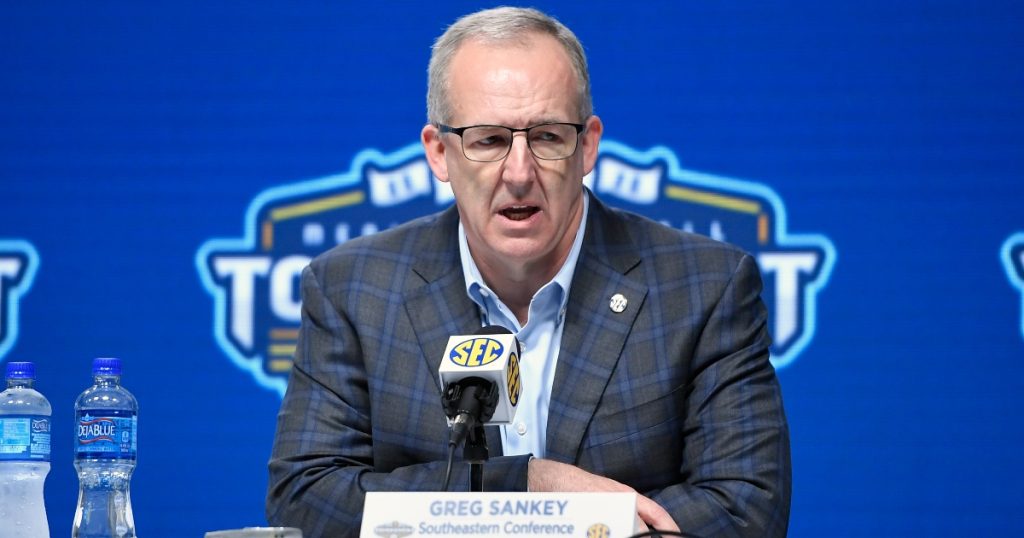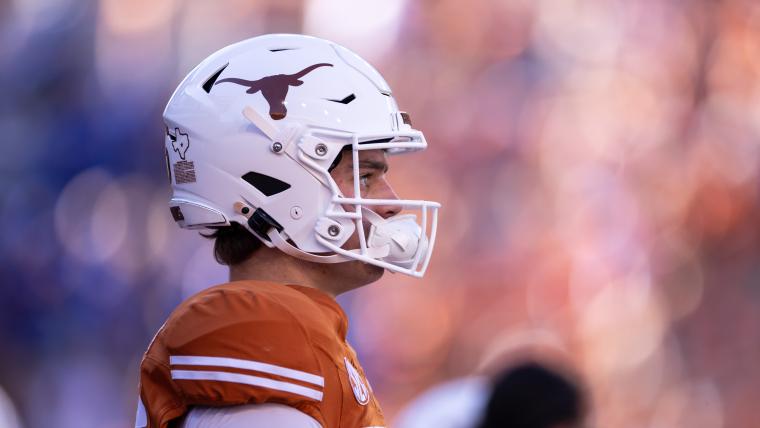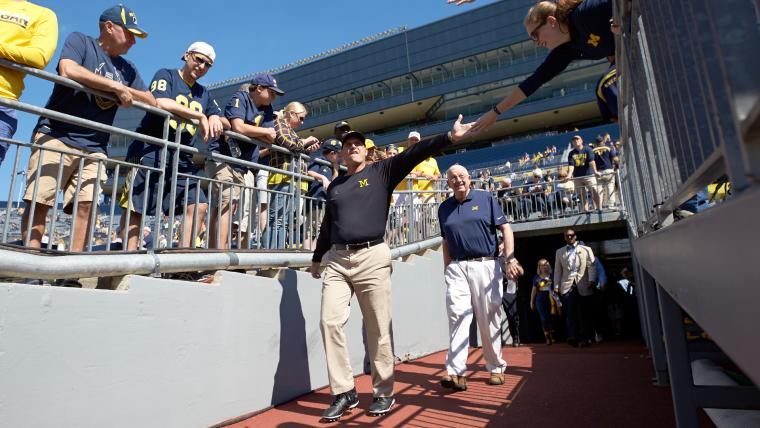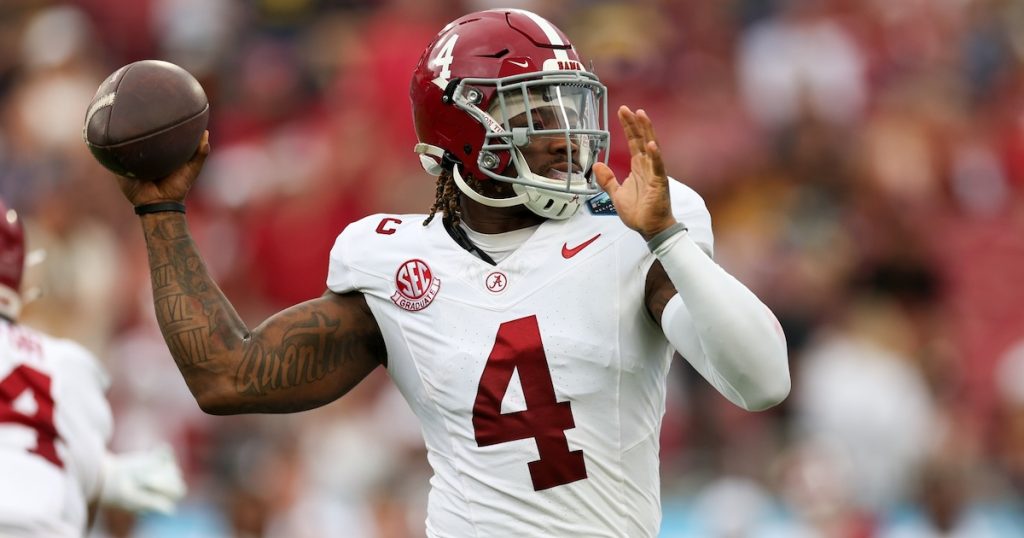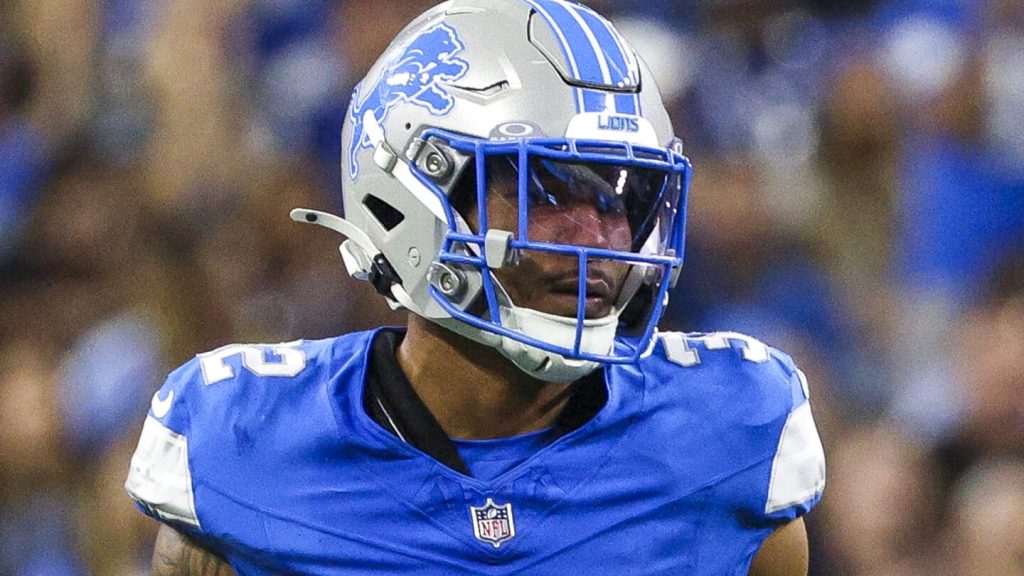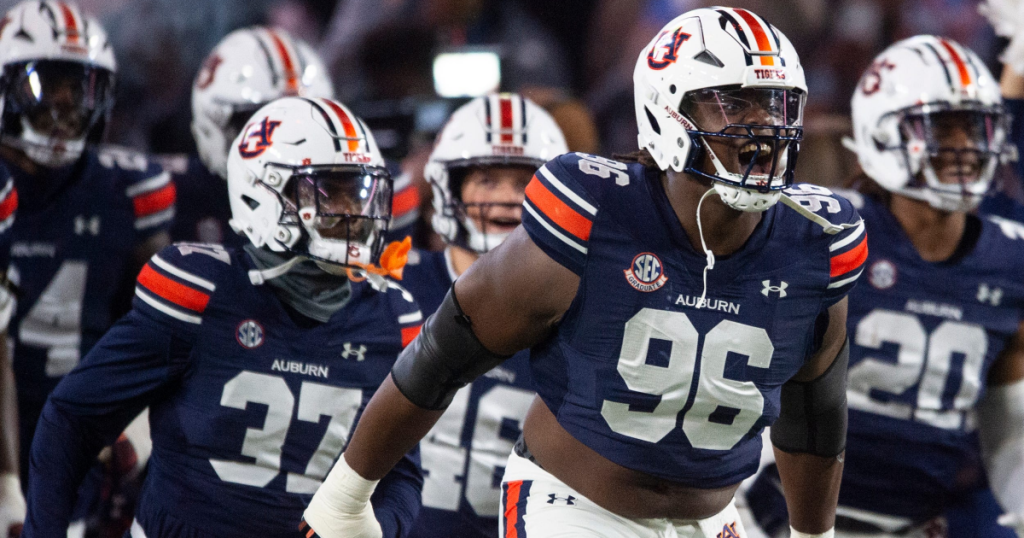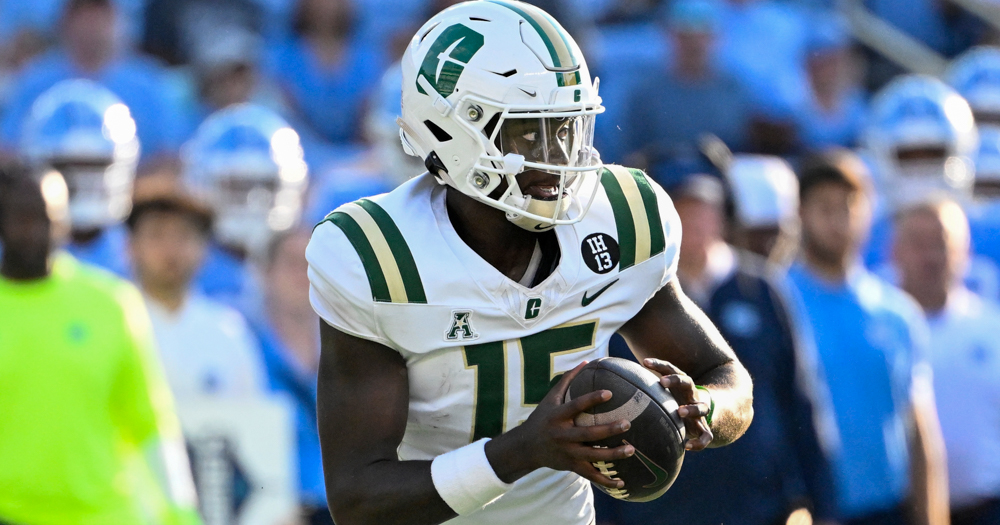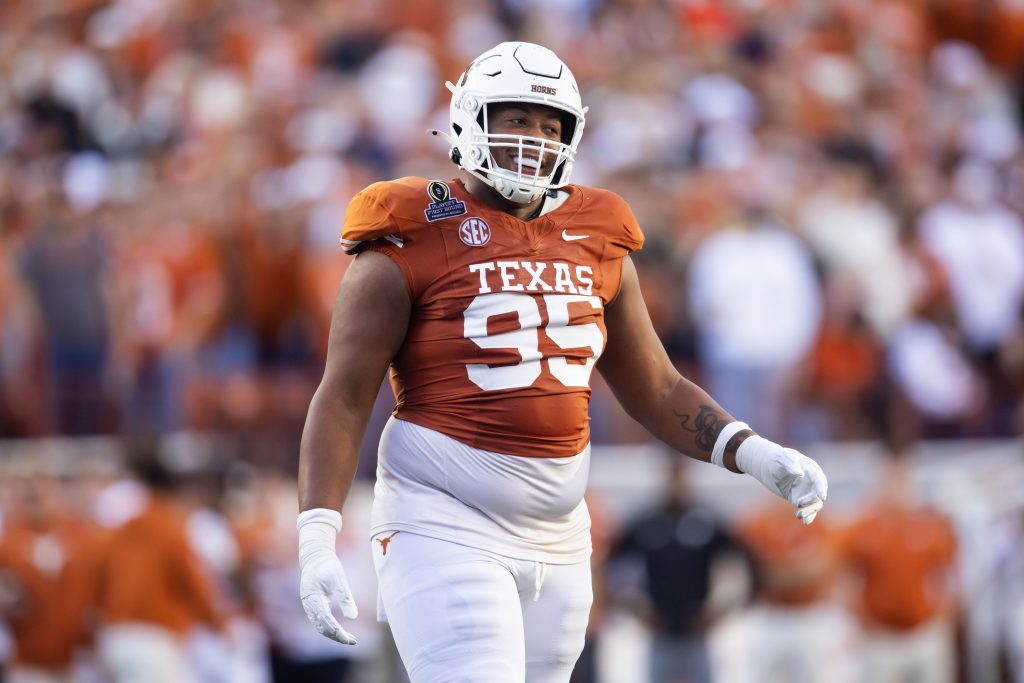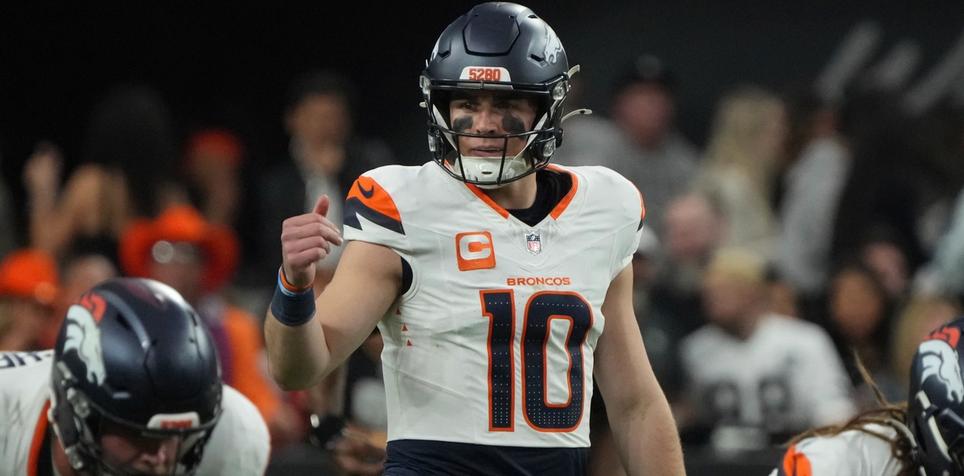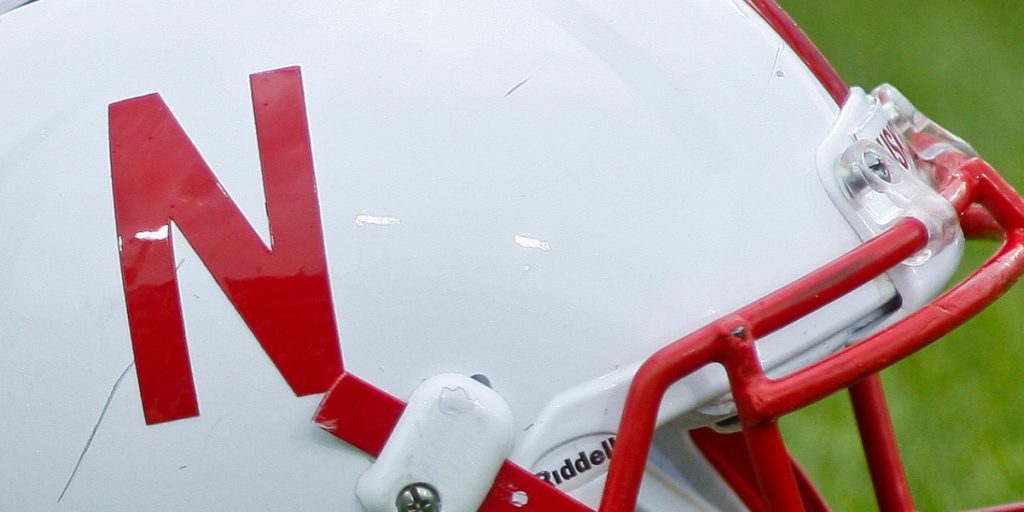One of the most pressing issues in college football today is the current state of the NIL (Name, Image, and Likeness) system, and SEC commissioner Greg Sankey is not holding back in his critique. His recent comments on The Paul Finebaum Show have shed light on what many believe to be a flawed system, particularly when it comes to the promises made to student-athletes.
Unfulfilled Promises in NIL Deals
Sankey’s concerns center around the numerous reports of unfulfilled NIL agreements. “There are a lot of reports about promises made that weren’t fulfilled, deals that were struck that were never authorized, and problems that come,” he stated. This sentiment reflects a growing frustration within the college sports community regarding the transparency and reliability of NIL deals.
He specifically pointed out that while collectives are meant to support athletes, many are struggling to meet their financial commitments. “Collectives are out there, but I hear about collectives that are struggling to pay bills for promises made. That is not a healthy system,” Sankey remarked.
Examples of NIL Discrepancies
The reality of these unfulfilled agreements can be seen in specific cases. Take the situation at UNLV, for instance. Holy Cross transfer Matthew Sluka left the team after just four games, preserving his redshirt year. His representation claimed the school had verbally promised him a $100,000 NIL deal. However, he only received a $3,000 relocation fee, leading him to transfer to James Madison.
Similarly, at Louisville, punter Brady Hodge opted out of the Tony the Tiger Sun Bowl over a dispute with the collective 502 Circle. Hodge argued he was promised a deal in September, but the collective failed to deliver, prompting him to walk away from the opportunity.
The Call for Transparency
Sankey’s advocacy for change is clear. “We need a name, image, and likeness system that has a level of transparency, where there is protection for young people,” he emphasized. The current landscape, he believes, is not sustainable. “It’s not a healthy system…the way we’re functioning can’t go on,” he stated firmly.
The commissioner is not just raising concerns; he’s also calling for action. He believes that Congress should intervene to establish national standards for college sports. “It’s a time of enormous change and enormous complexity,” he noted, highlighting the need for a collaborative, non-partisan approach to reforming the NIL system.
The Role of Congress in Reform
Sankey’s call for Congressional involvement is not merely a plea; it’s an observation of the current landscape. “Congress can set national standards for college sports yet again,” he said. This could help ensure that the unique nature of American college sports is preserved while providing a fair playing field for all athletes.
As he pointed out, “Every court decision that extends eligibility means there’s a high school competitor who lost an opportunity to participate.” This underscores the broader implications of the current system and the urgent need for reform.
Addressing the Complexity of Solutions
When discussing potential solutions, Sankey acknowledged the myriad opinions floating around on social media. “A lot of the simple solutions that people just observe – ‘Well, they should go do this,’ and every lawyer on Twitter who wants to make a comment – great for them. There are plenty of opinions,” he remarked.
However, he insists that the focus should be on implementation. “What we need to do is stay laser-focused on implementation. The universities involved in this endeavor need to make a commitment that this will work,” he stated. This commitment is crucial for sustaining college football and ensuring that opportunities remain available for all athletes.
Looking Ahead: The Future of College Football
As the landscape of college football continues to evolve, the issues surrounding NIL deals are becoming increasingly critical. Sankey’s insights reveal a system in need of reform, one that must prioritize transparency and accountability to protect young athletes.
The call for Congressional intervention is a significant step towards establishing a more equitable framework for NIL agreements. As the dialogue around these issues continues, it’s clear that the future of college football depends on addressing these challenges head-on.
In the end, the goal is to create a system that not only benefits the athletes but also preserves the integrity and spirit of college sports. The time for change is now, and with leaders like Greg Sankey advocating for reform, there is hope for a brighter future in college football.

